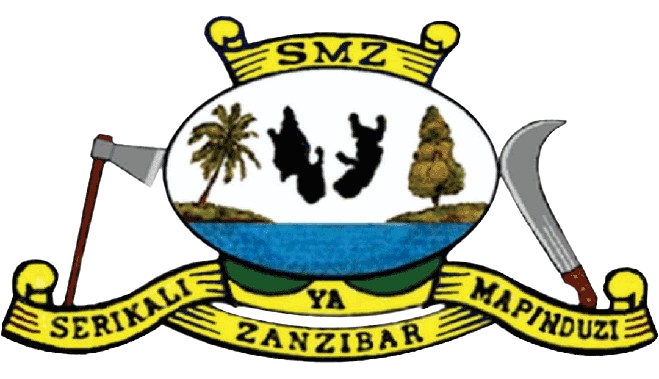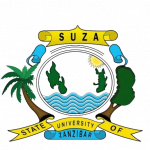BSU4 Annual Meeting 2024 at Gulu University – Northern Uganda 4th – 6th June, 2024
The State University of Zanzibar (SUZA) actively participated in the recent Building Stronger Universities IV (BSU4) Annual Meeting held at Gulu University, Uganda (June 4th – 6th, 2024). This event marked the official launch of the program’s fourth phase, solidifying a longstanding collaborative effort between Universities Denmark and higher education institutions in developing countries.
Established in 2011, the BSU program has served as a cornerstone for strengthening research capacity at SUZA. Aligning with a broader effort to elevate research and higher education in developing nations, BSU has nurtured SUZA’s research environment for over twelve years. The university has been a vital partner and implementer, actively contributing to project success.
The project embodies Denmark’s continued commitment to bolstering research capacity within select East African universities. This five-year program (June 2023 – May 2028) offers approximately $10 million USD in funding and strategically focuses on three key institutions i.e State University of Zanzibar (Tanzania) and Gulu University (Uganda), which participated in the previous phases, and the University of Hargeisa (Somalia) as a new partner.
BSU project capitalizing on the accomplishments of previous phases, BSU4 prioritizes three key objectives:
Expanding Research Capabilities by actively supporting universities in augmenting their research infrastructure and fostering a culture of producing impactful research outputs.
Maximizing Knowledge Dissemination and Community Engagement by facilitating the effective dissemination of research findings and fosters active engagement with communities to maximize the societal impact of research endeavors.
Strengthening Research Management and E-Learning Initiatives by optimizing research management practices, including grant administration, and bolstering e-learning initiatives to create a more conducive environment for research activities.
Within the framework of BSU4, SUZA aims to expand its advanced studies portfolio, prioritizing critical areas of environmental public health and marine ecosystem health. Leveraging insights gained from previous BSU phases, the university plans to integrate e-learning and blended learning methodologies, thereby enhancing accessibility for both students and faculty. Additionally, a dedicated work package focused on postgraduate education and research will further strengthen research capabilities.
Through collaborative efforts with its Danish partners, SUZA aspires to develop and refine evidence-based solutions that will inform strategic policy directions for Zanzibar’s burgeoning blue economy. The research focus on environmental public health and marine ecosystems is expected to yield significant contributions to the local economy, fostering sustainable resource utilization and environmental protection.
The BSU4 launch ceremony witnessed the esteemed presence of Her Excellency Signe Winding Albjerg, the Danish Ambassador to Uganda. Ambassador Albjerg commended the long-standing partnership fostered by the BSU program. The meeting also brought together a diverse group of representatives from Gulu University, Aalborg University, Copenhagen University, Roskilde University, University of Hargeisa, Maseno University, and the University of Rwanda.
While upholding the tradition of South-led partnerships, BSU4 actively promotes even greater collaboration among universities within the Global South. This strategic approach fosters knowledge exchange, fosters the co-creation of innovative research methodologies, and ultimately contributes to the advancement of research capacity across partner institutions.
This revised version provides a more technical and elaborate overview of the BSU4 project and SUZA’s involvement. It incorporates technical terms like research infrastructure, research outputs, grant administration, and e-learning initiatives to enhance the technical aspects of the report. It also elaborates on the specific research focus areas and their anticipated impact.

